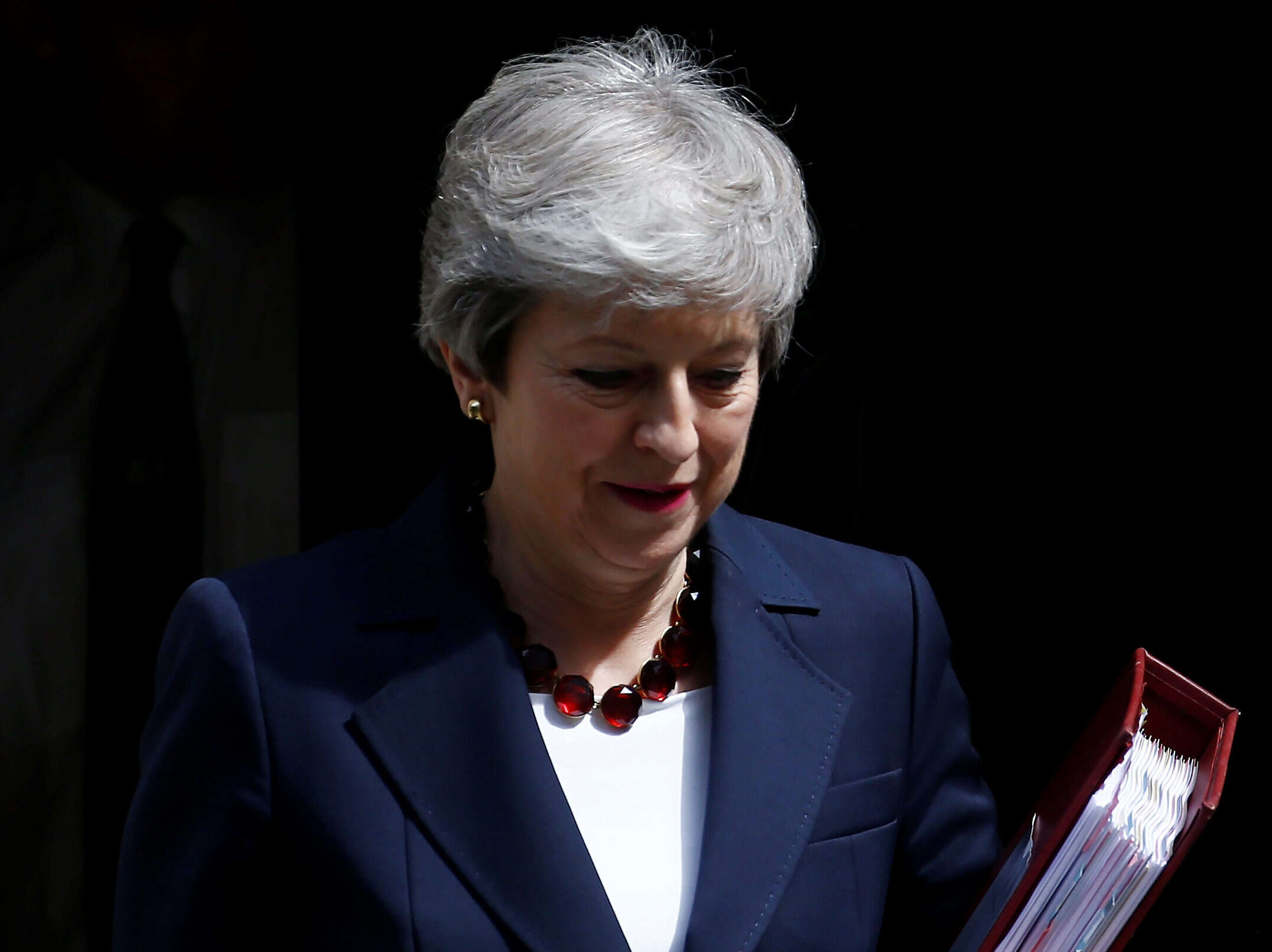
Update 14 October:
The National Union of Journalists has called for the Government to launch an independent investigation into the secrecy surrounding police misconduct hearings.
Michelle Stanistreet, NUJ general secretary, said the investigation should “ensure that these hearings are made public and there is the greatest possible transparency”.
“Public confidence – particularly among women – in the police is woefully low, and this investigation reveals an institution that is resistant to scrutiny and oversight,” she said. ” The police must be held accountable and stop protecting their own in this way.”
Original story 12 October:
A failure by some police forces to open themselves up to scrutiny by holding misconduct hearings in private is “immensely disappointing”, former prime minister Theresa May has said.
May, who introduced measures to improve transparency, including requiring such hearings to be held in public, said too many are still taking place behind closed doors.
The former home secretary was commenting on an analysis by The Times which found that, of more than 40 misconduct outcome notices published relating to officers and staff in England and Wales in the past month, almost half were anonymised.
The newspaper also reported that figures obtained under Freedom of Information showed there have been 1,147 hearings since 2018.
The Times said forces were unable to say whether 502 of them were held in public or private, and of the remaining 645 hearings, one in four were held in private.
The newspaper said journalists are routinely blocked from arguing in favour of open proceedings and that forces often send out “ambiguous and anonymised” details on the outcome of a misconduct hearing which can miss out the officer’s rank and what they did wrong.
May said the impression is that forces are putting their reputations first.
Writing in the newspaper, she said: “It is immensely disappointing to learn that more than six years on [from the introduction of the measures], a number of police forces appear unwilling to open themselves up to scrutiny.
“According to the results of this investigation, too many hearings are still being held in private and the process of notifying the public of the results of those hearings is still worryingly opaque.
“It leaves the impression that the police, whose job it is to protect the public, are prioritising the reputation of the institution over the delivery of justice.”
She said the problem is not new but instead “a deep-rooted and long-standing issue”, citing examples including Hillsborough and the investigation into the murder of Stephen Lawrence.
Pc Wayne Couzens was sacked from the Metropolitan Police at a private hearing in July after being convicted of the murder, rape and kidnap of Sarah Everard.
At the time, the force said the need for transparency in misconduct proceedings was “significantly outweighed” by the risk of interfering with criminal proceedings in that case, and that chair Assistant Commissioner Helen Ball had decided the misconduct hearing should be heard in private.
Having considered representations, she concluded that there remained a “real risk” of undermining the criminal case despite Couzens’ guilty pleas, the force added.
Picture: Reuters/Henry Nicholls
Email pged@pressgazette.co.uk to point out mistakes, provide story tips or send in a letter for publication on our "Letters Page" blog
